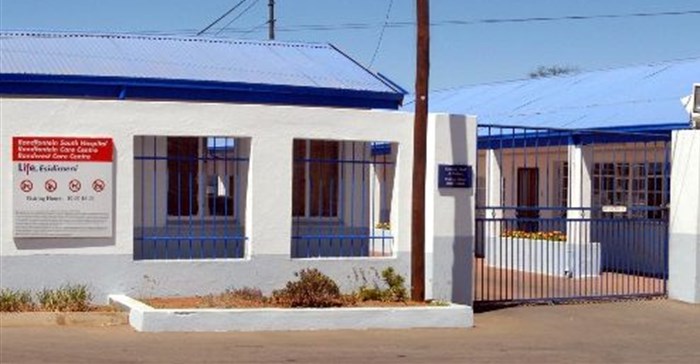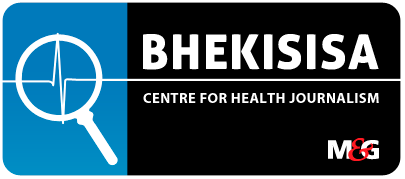
#LifeEsidimeni: Former Gauteng health MEC Mahlangu visited deadly Cullinan NGOs
A social worker from one of the three Cullinan care facilities responsible for the deaths of at least 25 mental health patients says their lives could have been saved if senior officials had known conditions on the ground. But evidence from an exclusive Bhekisisa interview with former Gauteng health MEC Qedani Mahlangu shows she visited the organisations in August 2016.

On Monday, Cullinan Care and Rehabilitation Centre social worker Daphne Ndhlovu testified as part of an ongoing arbitration process regarding the Life Esidimeni tragedy in which at least 141 mental health patients lost their lives.
Ndhlovu admitted that standard procedures were not followed when the centre admitted 163 public sector patients from private healthcare provider Life Esidimeni after the Gauteng health department terminated its contract with the hospital group in March 2016 to save money.
Replying in response to questions from arbitration leader and retired Deputy Chief Justice Dikgang Moseneke, Ndhlovu says that the centre outside of Pretoria could only accommodate 150 patients but ended up with almost double that number after Life Esidimeni patients were transferred there.
To make room for the influx of new patients, the Cullinan Care and Rehabilitation Centre moved some patients to two nongovernmental organisations (NGOs) operating on its grounds, the Anchor Centre and Siyabadinga.
Siyabadinga, which received 73 patients from Cullinan, was never licensed to provide care to mental health patients, found a February health ombudsman report.
At least 25 mental health patients housed at one of the three organisations later died, revealed the report. Now, Ndhlovu says deaths could have been avoided if senior Gauteng health officials had visited the centre.
"We were given instructions from above. The people that weren’t even around at institutional level to see the problems,” she said before lawyers and families as arbitration entered its second week.
But in an exclusive October 2016 interview with Bhekisisa, Mahlangu admitted she visited all three facilities in August 2016.
Mahlangu explained: “During the elections, we visited [Cullinan Care and Rehabilitation Centre], and this Siyabadinga and Anchor. We observed there was no working relationship between the two NGOs. My exact words were, ‘We are all looking after the patients on behalf of the state, you have got to use the common kitty that is provided to you …’”
Mahlangu, who is not currently on the list of witnesses set to testify at the arbitration, maintained she inspected facilities such as a shared kitchen on the property in interviews with health ombudsman Malegapuru Makgoba as evidenced in his report.
Ndhlovu also confirmed suspicions of Life Esidimeni families that many patients were transferred to local NGOs or other state hospitals without documentation.
Ndhlovu estimates that about 60% of the patients admitted at the Cullinan centre did not have medical records and almost a third had no identity documents. And as the centre staff were pressured to accept more patients, Ndhlovu says things got “hectic” and normal admissions procedures were not followed.
She believes standard screening techniques would have prevented the Cullinan Care and Rehabilitation Centre from admitting patients that needed more care than the centre could provide, for instance for those with schizophrenia. Schizophrenia is a chronic mental health condition that can result in hallucinations and delusions, according to the United States nonprofit research organisation Mayo Clinic.
Ndhlovu warns that Siyabadinga was even less prepared to care for extremely ill patients as it had no professional nurses. She says she voiced her concerns about the lack of professional medical staff but alleges she was threatened with being accused of insubordination if she did not follow orders.
“It was very painful for us to hear every second day that another patient has died. We were not giving justice to our patients but it was instructions from above,” Ndhlovu says.
Arbitration is expected to continue until at least October 30, according to head of the arbitration office Obakeng van Dyk.
Source: Bhekisisa Centre for Health Journalism
Source: Bhekisisa Centre for Health Journalism

This article was originally published by Bhekisisa, the Mail & Guardian’s Centre for Health Journalism. To read more
health stories from across Africa, go to bhekisisa.org







